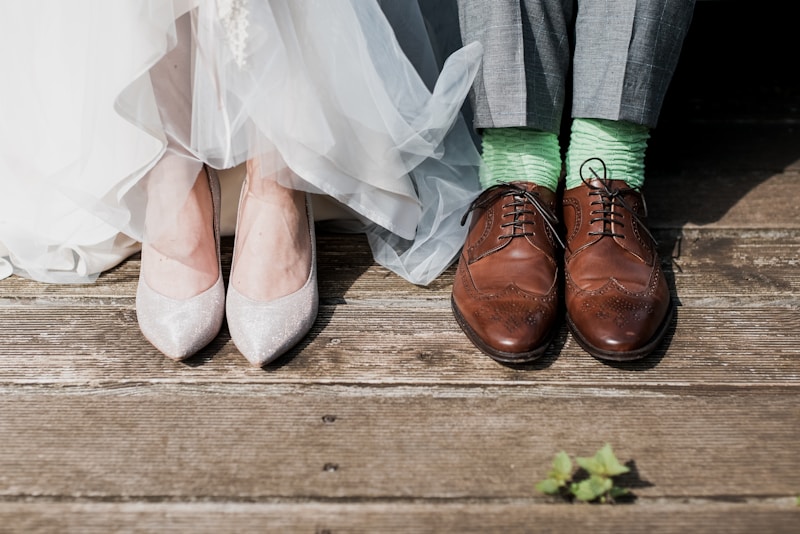Exploring Rituals and Customs: Understanding Cultural Significance and Diversity
Rituals and customs are integral components of human culture that connect individuals to their heritage, community, and deeper meanings of existence. Across the globe, different societies have developed unique rituals that reflect their historical context, social values, and beliefs. This article delves into the fascinating world of rituals and customs, examining their purposes, variations, and significance across cultures while offering insights into how they shape our identity.
What Are Rituals and Customs?
Rituals are formalized and often repeated behaviors that hold symbolic meaning, while customs are the established practices and traditions that characterize a particular group or society. Both serve the purpose of reinforcing social norms, preserving cultural heritage, and providing a sense of community among members. Together, they encompass everything from religious ceremonies to daily practices that contribute to the fabric of life in diverse cultures.
The Significance of Rituals and Customs
Rituals and customs play a crucial role in shaping individual and collective identities. They are commonly associated with significant life events, such as births, marriages, and funerals, serving to mark transitions and provide comfort in times of change. Moreover, they can reinforce societal values and foster a sense of belonging.
Benefits of Rituals| Emotional Well-Being | Rituals can provide a sense of security and predictability, helping individuals cope with stress and anxiety. |
| Social Connection | Participating in communal rituals fosters connections and strengthens relationships among community members. |
| Meaning and Purpose | Rituals often imbue life events with meaning, helping individuals to make sense of their experiences. |
Diverse Examples of Rituals and Customs Worldwide
The scope of rituals and customs is vast, reflecting the complexities of human societies. Below are some notable examples from various cultures:
1. Japanese Tea Ceremony
The Japanese tea ceremony, known as Chanoyu, is a highly choreographed ritual centered around the preparation and consumption of matcha, or powdered green tea. This practice emphasizes aesthetics, respect, and mindfulness, highlighting the importance of every action performed during the ceremony.
2. Dia de los Muertos (Day of the Dead)
In Mexico, Dia de los Muertos is a vibrant celebration honoring deceased loved ones. Families create altars, decorate with marigolds, and offer food and mementos to welcome spirits back to the realm of the living. This custom highlights the Mexican belief in the cyclical nature of life and death.
3. Indian Wedding Traditions
Indian weddings are known for their elaborate rituals and customs. One such custom is the baraat, where the groom arrives at the wedding venue in a grand procession accompanied by family and friends, reflecting the joyous nature of the occasion.
4. Scandinavian Midsummer Festival
In Sweden and other Nordic countries, the Midsummer Festival celebrates the summer solstice with community gatherings, traditional dances, and the decorating of maypoles. It symbolizes fertility and the richness of nature, showcasing customs passed down through generations.

Common Rituals and Customs Across Cultures
While rituals and customs vary significantly between cultures, some themes resonate globally. These include:
- Coming of Age Ceremonies: Many cultures hold specific rites to mark the transition from childhood to adulthood, such as bar and bat mitzvahs in Judaism or quinceañeras in Latin America.
- Seasonal Festivals: Celebrations related to seasons, such as harvest festivals, are common in many societies, underlining humanity's connection to nature.
- Religious Observances: Most religions have their own set of rituals that followers perform, including prayers, sacrifices, and special celebrations.
Frequently Asked Questions About Rituals and Customs
As we explore the theme of rituals and customs, the following questions often arise:
What is the difference between rituals and customs?
Rituals are formalized actions with symbolic meaning, performed in a specific context, while customs are established practices that define a culture or community.
Why are rituals important in society?
Rituals provide structure, meaning, and a sense of belonging among participants, helping to strengthen community bonds and preserve cultural identity.
Can rituals evolve over time?
Yes, rituals can change in form and significance as societies evolve, reflecting contemporary values while maintaining their historical roots.
Are all rituals religious?
No, while many rituals are associated with religious practices, others can be secular, reflecting social or cultural traditions.
Conclusion: The Enduring Relevance of Rituals and Customs
Rituals and customs serve as the backbone of cultural identity, reflecting the diverse tapestry of human existence. As society progresses, the meanings and applications of rituals may adapt, but their core purpose remains: to foster connection, create meaning, and celebrate the essence of life. By understanding and respecting the rituals and customs of different cultures, we contribute to greater appreciation and unity in our increasingly interconnected world.
In conclusion, embracing the richness of rituals and customs enhances our understanding of humanity, as these traditions not only reflect our past but also guide our future interactions. Whether through participating in a local festival or engaging with a different culture’s practices, we enrich our lives and the lives of those around us.